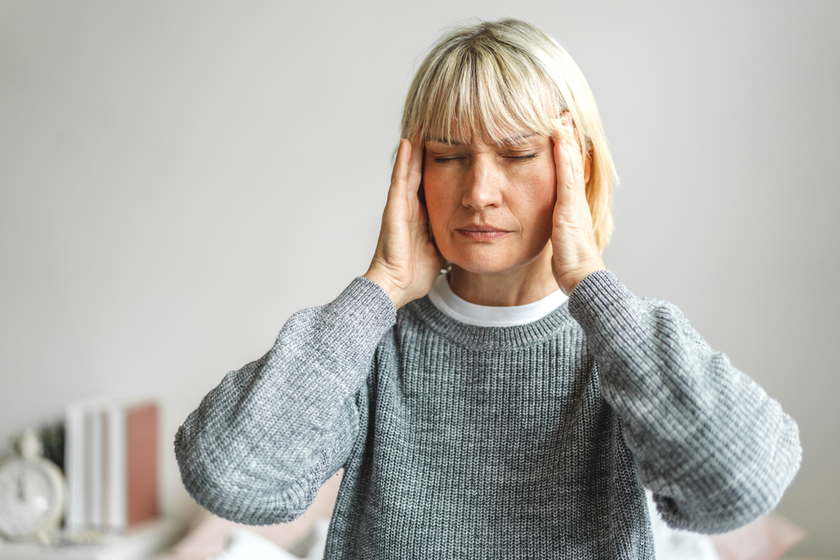Migraines can be a debilitating experience, especially for seniors. As we age, our bodies become more sensitive to various triggers that can set off these intense headaches. However, by identifying and avoiding these triggers, seniors can significantly reduce the frequency and severity of migraines. Here are some effective strategies to help seniors steer clear of migraine triggers.
Maintain a Consistent Sleep Schedule
Irregular sleep patterns can disrupt your body’s natural rhythm and trigger migraines. Seniors should aim for 7-8 hours of quality sleep each night and try to go to bed and wake up at the same time every day, even on weekends.
Stay Hydrated
Dehydration is a common trigger for migraines. Seniors should drink plenty of water throughout the day to stay hydrated. Aim for at least 8 glasses of water daily and limit caffeine and alcohol intake, as they can contribute to dehydration.
Follow a Balanced Diet
Certain foods and additives can trigger migraines in some people. Seniors should keep a food diary to identify any potential food triggers and try to maintain a balanced diet rich in fruits, vegetables, whole grains, and lean proteins. Common food triggers to watch out for include aged cheeses, processed meats, chocolate, and foods containing MSG or artificial sweeteners.
Manage Stress
Stress is a well-known trigger for migraines. Seniors can manage stress through relaxation techniques such as deep breathing, meditation, yoga, or tai chi. Engaging in hobbies and activities that bring joy and relaxation can also help reduce stress levels.
Monitor Weather Changes
Barometric pressure changes and extreme weather conditions can trigger migraines in some seniors. While it’s impossible to control the weather, being aware of weather forecasts and taking preventive measures, such as staying indoors on days with extreme weather changes, can help.
Limit Exposure to Bright Lights and Loud Noises
Bright lights and loud noises can be overwhelming for seniors and trigger migraines. Seniors should wear sunglasses and hats when outdoors to protect their eyes from harsh sunlight and consider using earplugs in noisy environments.
Exercise Regularly
Regular exercise can help reduce the frequency and severity of migraines by relieving stress and improving overall health. Seniors should aim for at least 30 minutes of moderate exercise, such as walking or swimming, most days of the week. However, it’s important to avoid overly strenuous activities that could trigger a migraine.
Be Cautious with Medications
Some medications can trigger migraines in seniors. It’s essential to consult with a healthcare provider before starting or stopping any medication and to be aware of any potential side effects.
Managing migraines in seniors requires a proactive approach that focuses on identifying and avoiding known triggers. By maintaining a consistent sleep schedule, staying hydrated, following a balanced diet, managing stress, and monitoring weather changes, seniors can significantly reduce the frequency and severity of migraines. It’s also beneficial to limit exposure to bright lights and loud noises, engage in regular exercise, and be cautious with medications. Listening to their bodies and working closely with healthcare professionals to develop a personalized plan is crucial for addressing their specific needs and triggers.
At Discovery Village At Stuart, we understand the importance of a supportive environment in managing migraines. Our dedicated team ensures that residents maintain a healthy lifestyle, from following a balanced diet with our gourmet, chef-prepared meals to engaging in regular physical and social activities tailored to their needs. We also offer a serene environment that minimizes exposure to bright lights and loud noises, creating a comfortable living space. By partnering with healthcare professionals, we help our residents develop and follow personalized care plans, ensuring they can enjoy a fulfilling life, free from the debilitating effects of migraines.







